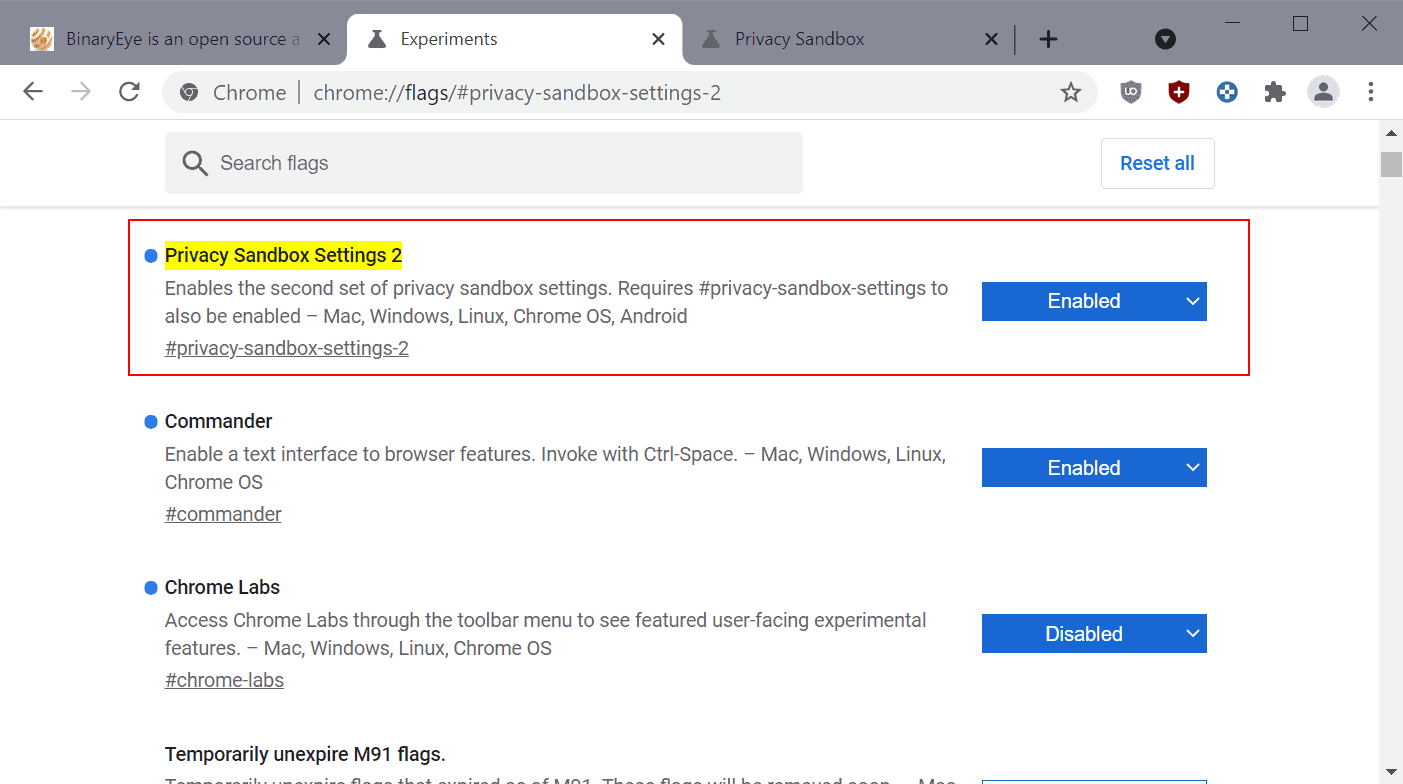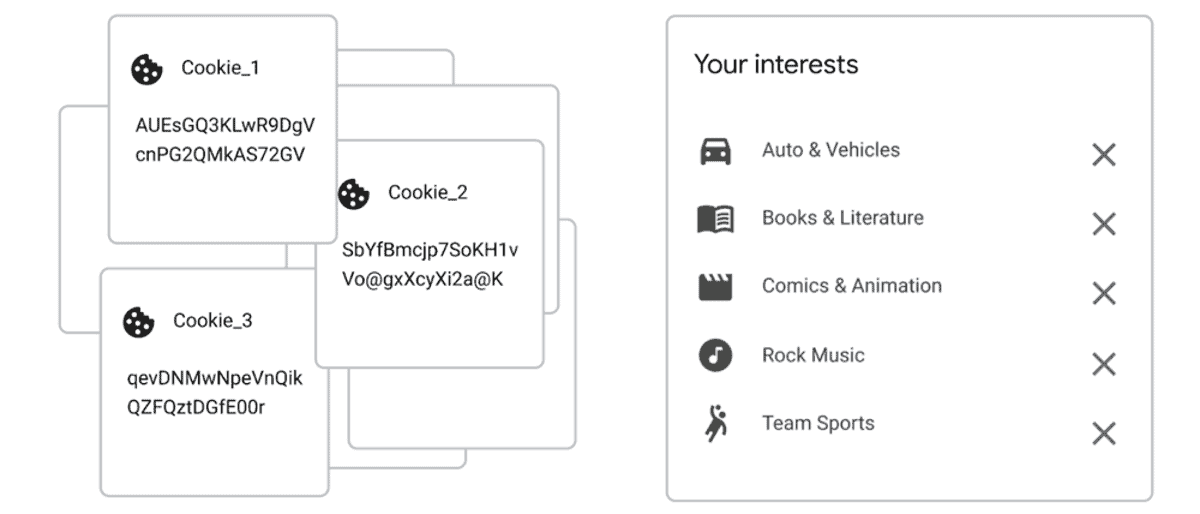- Aug 2, 2020
- 549
Google is running a Chrome "origin trial" to test out an experimental new tracking feature called Federated Learning of Cohorts (aka "FLoC"). According to Google, the trial currently affects 0.5% of users in selected regions, including Australia, Brazil, Canada, India, Indonesia, Japan, Mexico, New Zealand, the Philippines, and the United States. This page will try to detect whether you've been made a guinea pig in Google's ad-tech experiment.

Am I FLoCed?
This page will check whether Google Chrome's experimental new ad-targeting technology is enabled in your browser.






